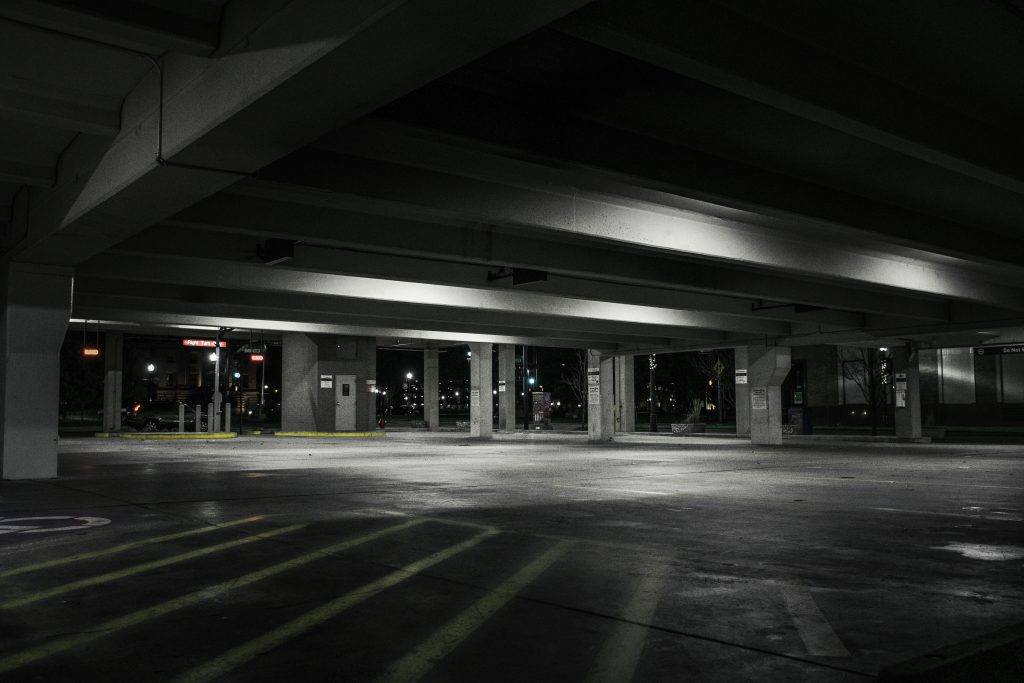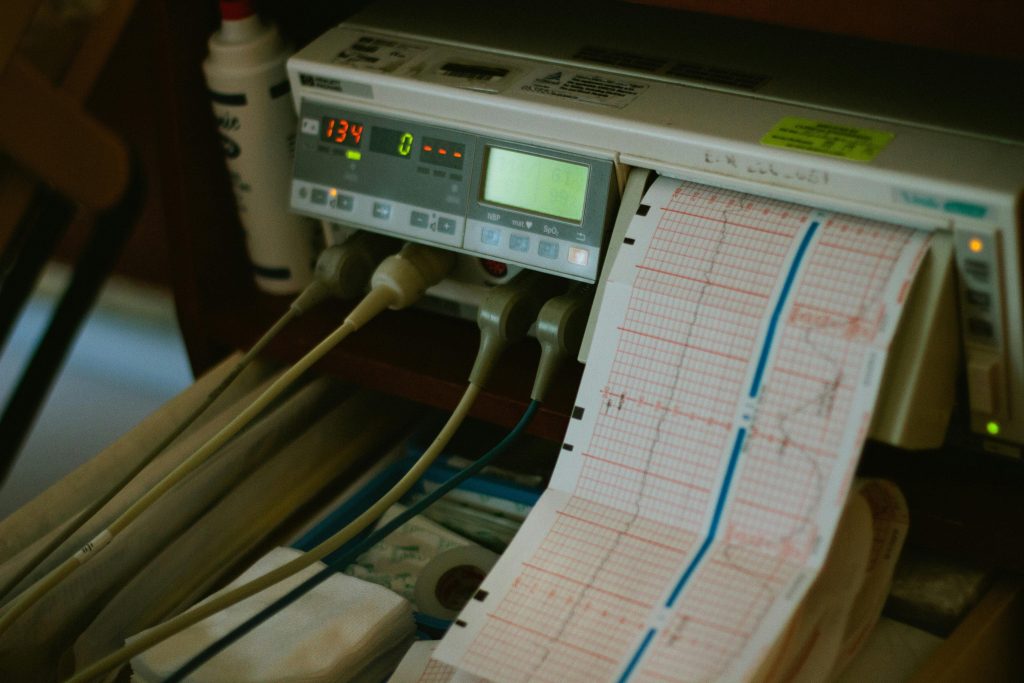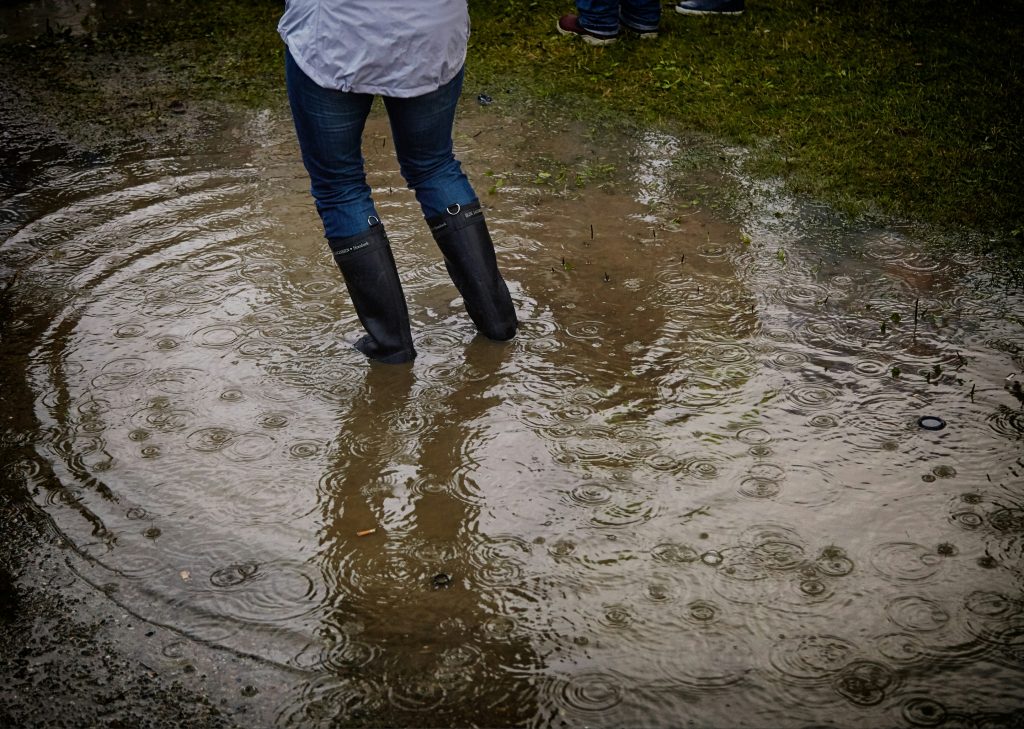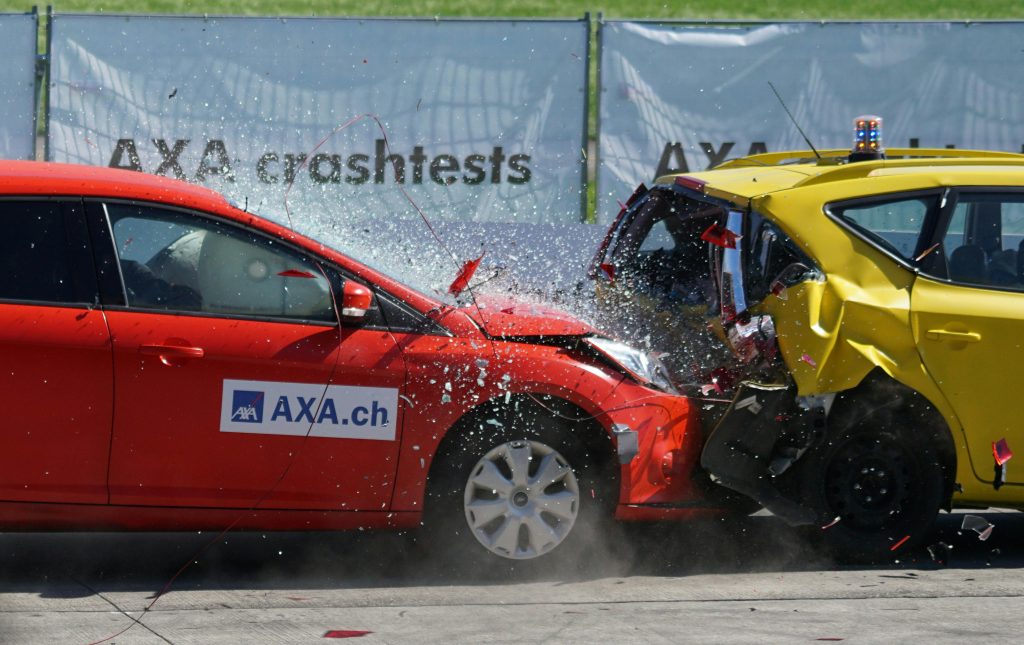 A celebratory night out turned into a nightmare for Reuben Ellis when he was shot in a parking lot after attending a friend’s wedding reception at Bella Noche nightclub. Ellis’s quest for justice led him to sue not only the nightclub but also the property owner, Plaza Holdings, LLC. This legal battle highlights the complexities of premises liability and the extent to which property owners are responsible for the safety of their tenants’ patrons.
A celebratory night out turned into a nightmare for Reuben Ellis when he was shot in a parking lot after attending a friend’s wedding reception at Bella Noche nightclub. Ellis’s quest for justice led him to sue not only the nightclub but also the property owner, Plaza Holdings, LLC. This legal battle highlights the complexities of premises liability and the extent to which property owners are responsible for the safety of their tenants’ patrons.
The Incident & Ensuing Legal Battle:
In the early hours of July 27, 2015, gunfire erupted in the parking lot outside Bella Noche, leaving Ellis with a gunshot wound to the neck. He sued several parties, including Plaza Holdings, the owner of the shopping center where the nightclub was located.
 Louisiana Personal Injury Lawyer Blog
Louisiana Personal Injury Lawyer Blog


 Emergency responders have a critical job, often requiring them to speed and navigate through traffic to reach those in need. But what happens when those actions result in an accident? Who’s at fault when an officer responding to an emergency collides with another vehicle? A recent
Emergency responders have a critical job, often requiring them to speed and navigate through traffic to reach those in need. But what happens when those actions result in an accident? Who’s at fault when an officer responding to an emergency collides with another vehicle? A recent  In a recent decision, the
In a recent decision, the  In a recent
In a recent  In personal injury law, the concept of “prescription” plays a crucial role. It’s essentially a deadline for filing a lawsuit; if you miss it, your claim could be barred forever. A recent
In personal injury law, the concept of “prescription” plays a crucial role. It’s essentially a deadline for filing a lawsuit; if you miss it, your claim could be barred forever. A recent  In the realm of personal injury law, a recent Louisiana Court of Appeal case has highlighted the potential pitfalls of multiple lawsuits arising from the same accident. The case, Wicker v. Louisiana Farm Bureau Casualty Insurance Company, et al., involved a car accident where the plaintiff, Joy Wicker, initially filed a suit through her insurer, State Farm, followed by a separate personal injury lawsuit. The defendants tried to dismiss the second suit based on the doctrine of res judicata, but the Court of Appeal overturned the trial court’s decision, emphasizing the distinct nature of the two claims.
In the realm of personal injury law, a recent Louisiana Court of Appeal case has highlighted the potential pitfalls of multiple lawsuits arising from the same accident. The case, Wicker v. Louisiana Farm Bureau Casualty Insurance Company, et al., involved a car accident where the plaintiff, Joy Wicker, initially filed a suit through her insurer, State Farm, followed by a separate personal injury lawsuit. The defendants tried to dismiss the second suit based on the doctrine of res judicata, but the Court of Appeal overturned the trial court’s decision, emphasizing the distinct nature of the two claims. A recent Louisiana Court of Appeal case sheds light on the complexities of personal injury claims following car accidents, particularly when pre-existing conditions are involved. In the case of Lewis v. Fowler, the plaintiffs were involved in a minor accident and subsequently claimed significant damages for aggravated chronic pain. However, the court ultimately ruled that their pre-existing conditions were not substantially worsened by the accident and that they had been adequately compensated by the initial settlement from the at-fault driver’s insurance. This decision highlights the importance of establishing a clear causal link between the accident and any claimed aggravation of pre-existing conditions and the challenges plaintiffs face in proving damages when their medical history is complex.
A recent Louisiana Court of Appeal case sheds light on the complexities of personal injury claims following car accidents, particularly when pre-existing conditions are involved. In the case of Lewis v. Fowler, the plaintiffs were involved in a minor accident and subsequently claimed significant damages for aggravated chronic pain. However, the court ultimately ruled that their pre-existing conditions were not substantially worsened by the accident and that they had been adequately compensated by the initial settlement from the at-fault driver’s insurance. This decision highlights the importance of establishing a clear causal link between the accident and any claimed aggravation of pre-existing conditions and the challenges plaintiffs face in proving damages when their medical history is complex. In a recent personal injury case, Latulippe v.
In a recent personal injury case, Latulippe v.